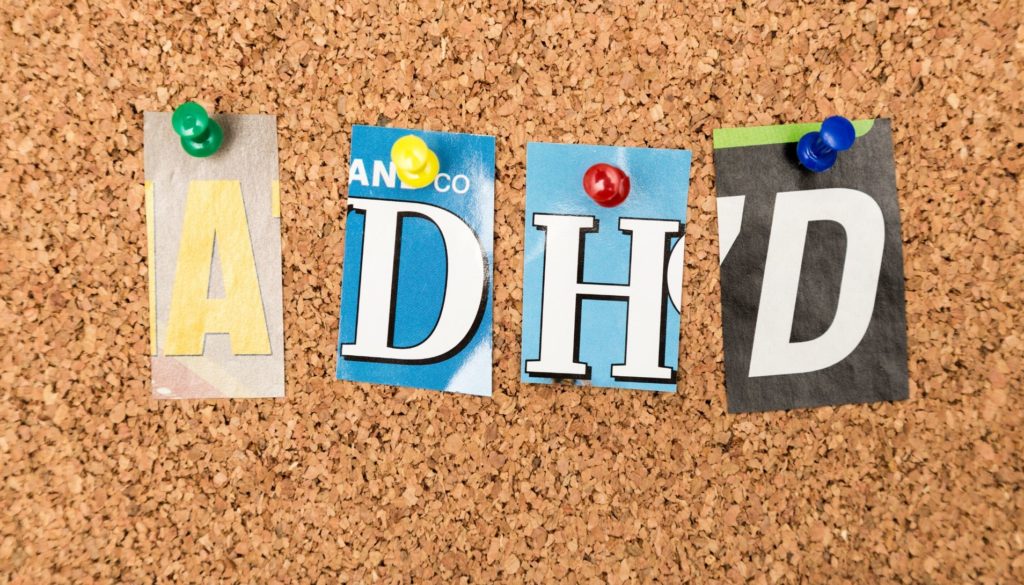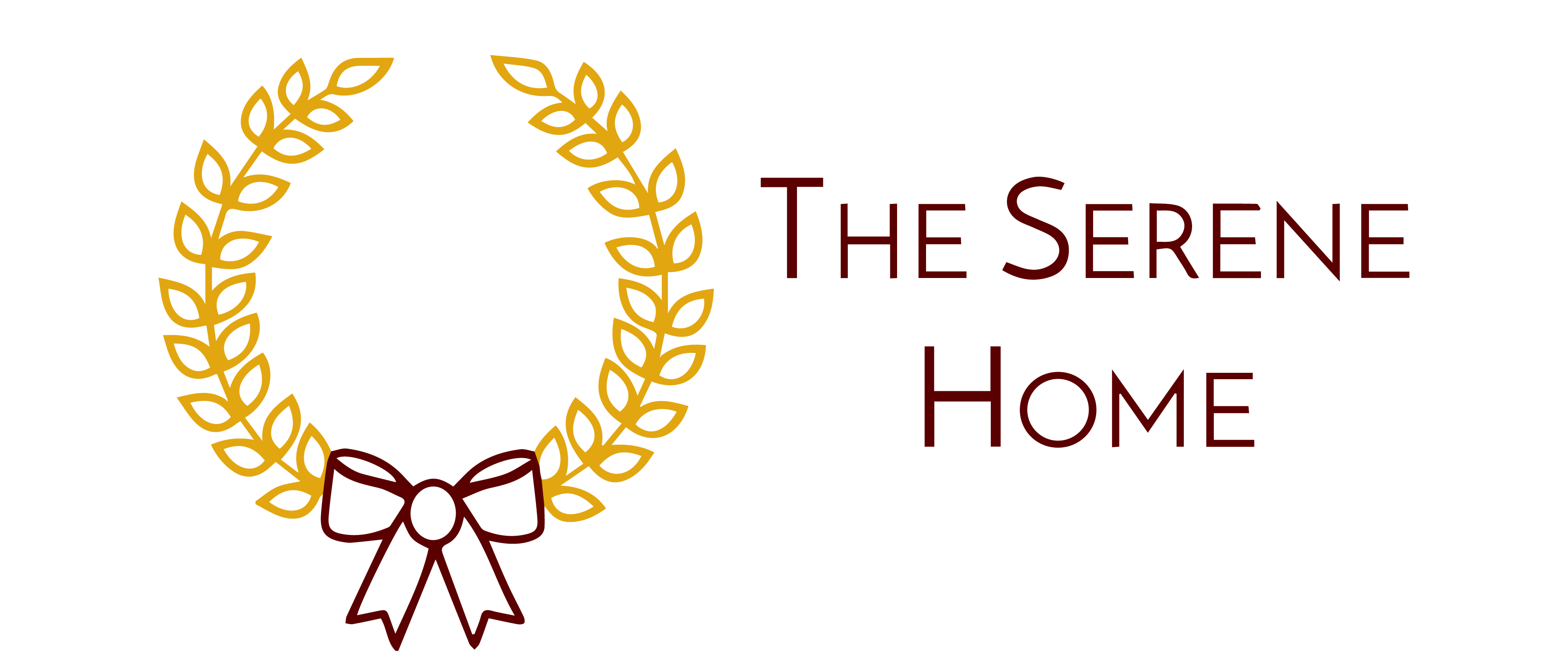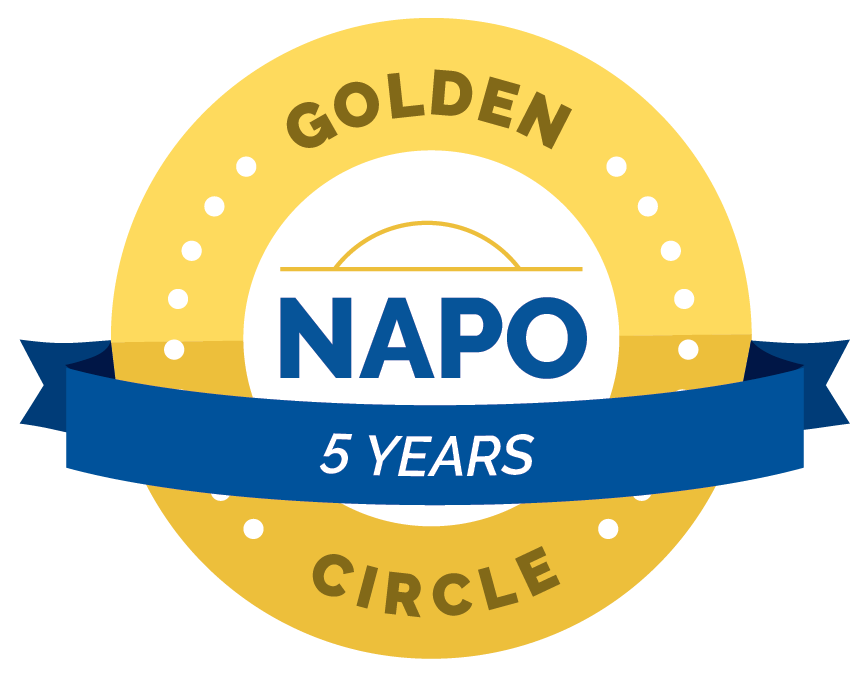TSH Writes About...
TSH Writes About...
Adult Attention Deficit Disorder and the Adult ADD Holistic Seminar

 ADD and disorganization so often go hand in hand. But justgettingorganized is not enough for lots of people. Someone with ADD may have tried, and even succeeded, repeatedly, to get organized but found that sooner or later, things would become jumbled up and out of sorts again.
ADD and disorganization so often go hand in hand. But justgettingorganized is not enough for lots of people. Someone with ADD may have tried, and even succeeded, repeatedly, to get organized but found that sooner or later, things would become jumbled up and out of sorts again.
Frustrating!
For me, when I begin work with a client who is struggling with organizational techniques on their own, I know that setting up good systems is important for long term success. And, although what works for each person can be very individual, there are some tried and true methods that can be a good starting point.
Here are some techniques for time and task management put out by the Association of American Family Physicians that I have found to be very useful for many clients.
 Time Management
Time Management
Developing time management skills is essential for managing ADHD. There is more than one way to develop time management skills, and it is important for you to experiment and try what works best for you.
- Use a planner. This can be a pencil-to-paper planner, an app, or a notebook. You should be able to take it with you wherever you go. Write down all your appointments, meetings and other commitments in your planner, and be sure to refer to it each day.
- Over estimate how long it will take you to complete something. Add at least 10 minutes to how long you think it will take you to finish a task.
- Get a watch. And check it! Using a watch and being aware of the clock will help you keep track of time. Using a watch instead of checking your phone will reduce distractions.
- Create a Routine. Making a scheduled routine will help you stay organized, on-time and on-task. Using checklists can also help when creating routines.
Task Management
Organization isn’t just about your physical space. People with ADHD may have a hard time organizing tasks for school and work, too. These strategies will help you organize your work, prioritize, and stay on track.
- Make lists. Each day after you check your planner, make a list of all the tasks for the day. After looking at the entire list, prioritize the tasks accordingly. When prioritizing, consider what task is most important, which tasks are time sensitive, and which tasks can be finished later. Keeping these lists in one notebook or app allows you to refer to previous lists to be sure you don’t forget any tasks.
- Break down big projects. Creating smaller tasks out of large projects makes things more manageable so it is easier to get started.
- Work in small increments. Getting started is half of the battle. If you’re avoiding something, commit to working on it for 15 minutes to get over the “hump” of getting started. If you feel like you need a break after 15 minutes, set a timer for 5 minutes and commit to starting again immediately after your break.
- Don’t multi-task. Staying focused on one thing at a time will increase your overall productivity. Focusing on one task at a time ensures you finish one task 100%, instead of 8 tasks 50%.




